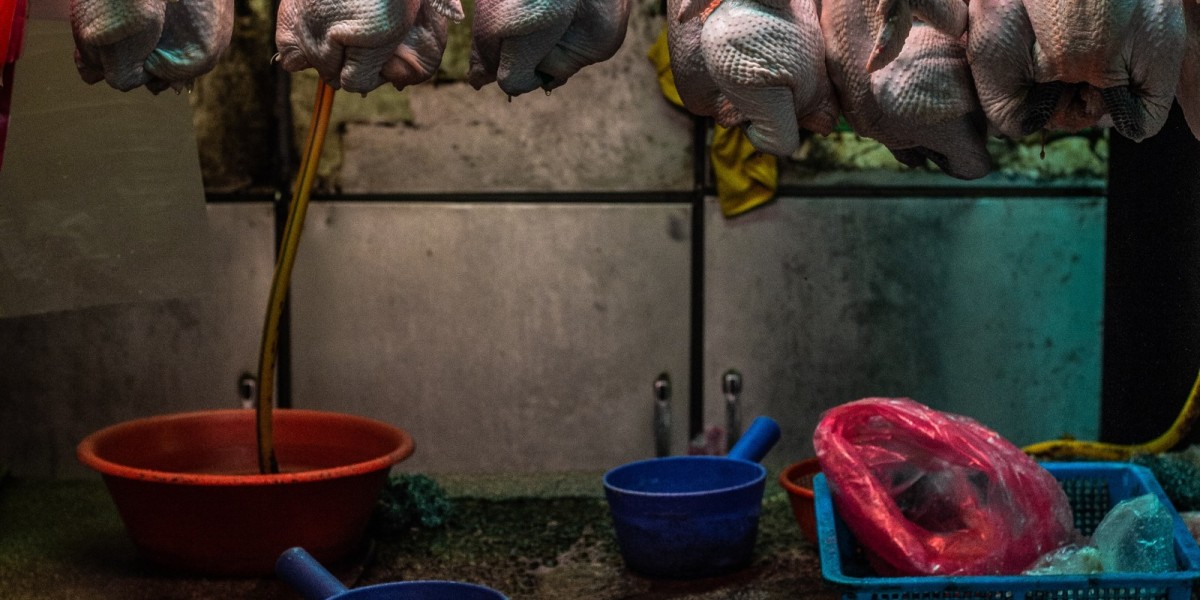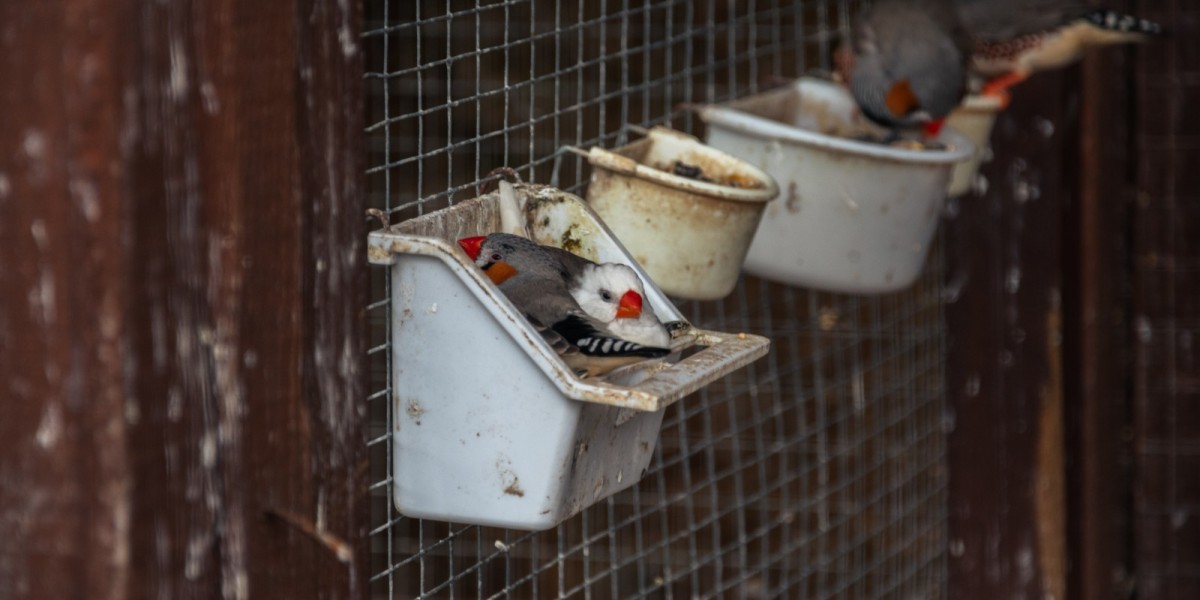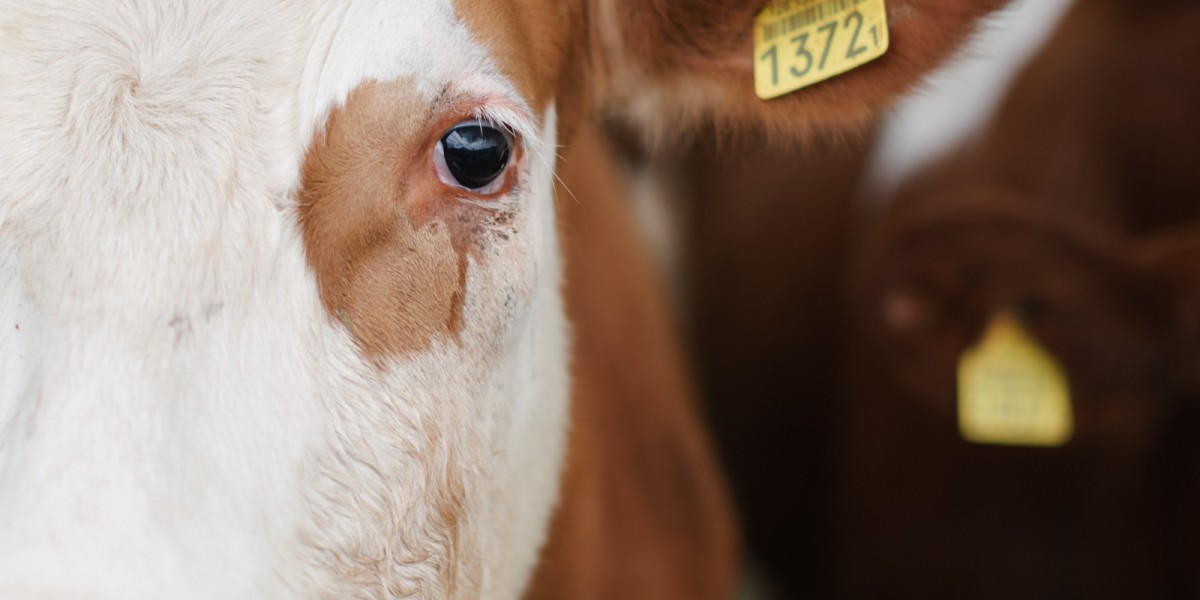Animal Slaughter
| https://youtu.be/1uBEaN2a8eM |
Hi, this is Bill Chan again with The 5 Elements of a Fulfilling Life at 5Element5.com; I'm also a health coach.
Today I want to talk to you about the wood element, our environment.
I want to take the perspective of a plant-based diet from the environmental aspect today. Did you know that around the world, there are 200 million land animals slaughtered daily, and a very low estimate of approximately 2.1 billion fish are caught in the wild and killed every single day?
That tells us about 2.3 billion animals on Land and Sea being slaughtered daily from a humanitarian perspective; we're killing all these animals just to satisfy our desire for meat and animal products.
Did you know that, like humans, animals also feel the pain of being cut alive and want to protect their children from being slaughtered? We won't kill our pet dog food for dinner? "no" then why would we kill any other animal?
We may argue that those are raised as pets, not as food, but some cultures enjoy this food.
While living in Beijing, I saw Koreans eat dogs for dinner; that may not sound very good to you.
But it's the same thing for other animals as well; we wouldn't kill dolphins or whales, but Japanese fishermen kill them extensively despite all the warnings from Environmental protectionists.
So like our pets, all animals have feelings; they cry when they're being slaughtered and fight when the children are being killed.
So like pigs, pigs have the equivalent of a three-year-old human intelligence, even more, intelligent than dogs.
Animals Farms have the most inhumane conditions that lead to sickness, disease, and viruses that infect us after we eat them.
These shocking numbers capture this catastrophe; 95 percent of animal products we consume are from factory farms, chickens grow three times faster in factory farms than in a native environment, and they always live in a space less than an A4 size paper their entire lives.
Chickens are so mutated they have difficulty walking because their body is vast, their head is so tiny, and their legs are so thin.
Because we want the breast meat, right? So they have difficulty holding up their weights.
They are constantly injected with antibiotics, leading to large cancerous tumors and health problems.
Broiler chickens are slaughtered at 1/60th of their natural life expectancy (1.5 months old) for the fastest possible profit.
8.3 billion chickens are slaughtered by American consumers every year. That's an average of 24 chickens per American per year.
Cows take 18 months to reach 1300 to 1500 pounds.
Beef cows are slaughtered between two to three years old, and dairy cows are around five years old when they're no longer producing high-quality milk; well, that's one-tenth of their expected lifespan; they usually live up to 20 to 25 years.
Pegs are indeed even worse; they lived in waste their entire lives, in concrete pens that are so tight they can't even turn around.
Female pegs are forced into Perpetual pregnancy year after year to give birth to piglets immediately removed from their delivery from their parents.
So to raise these animals fast for profit and keep them sick, factory farms use an extraordinary amount of antibiotics.
Up to 80 percent of all antibiotics used on animals remain in our bodies when we consume them.
These animals live in overcrowded, disease-ridden, and bacteria-filled areas; one report even found infection rates as high as 80 percent.
Cows, for instance, are fed corn, soy, and grain instead of grass; these feeds make them grow fast and massive.
These feeds are grown in farmlands that could produce food for humans, so raising animals requires a large number of land, and the calories consumed to make the meat is a meager return on investment.
It takes around 80% of the World's agricultural land to produce just 20 percent of the meat calories humans consume.
Fifteen million liters of water are required to produce one ton of beef, and seven pounds of grain to produce one pound of meat.
More and more land is needed to waste the ever-increasing demand for animal products since developing countries with huge populations are now acquiring wealth and demand meat products.
75% of the Amazon rainforest has been destroyed to raise cattle and soil to feed them.
The Amazon rainforest is called the lungs of Earth, but now the resulting deforestation is turning it into an irreversible ecological nightmare.
Livestock is responsible for 55 soil erosion and 30 pesticides being used. With no regulation on how much fertilizers can be used for animal crops, it takes 17 times more calories to produce beef on the same land than potatoes.
So we need to examine how to make our food in school and our regular lives safer for ourselves and our children, especially in the poor areas of our community; how can we offer more choices, including fruits and vegetables, instead of just high-calorie junk Food.
In the lower income areas like our inner cities, our vision of a palatable could start by allocating more funds both by the private and government sectors to help everyone eat healthier, which in the long one saves us many folds in our future health care costs.
So I'm hopeful we will still have time to save our world if we take immediate action.


